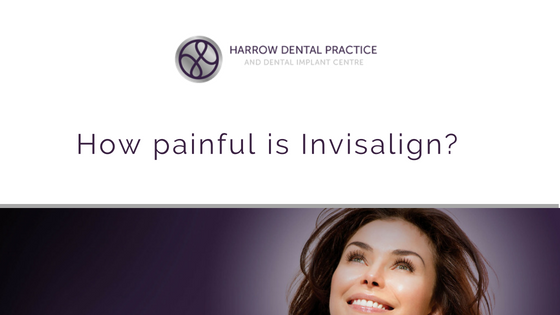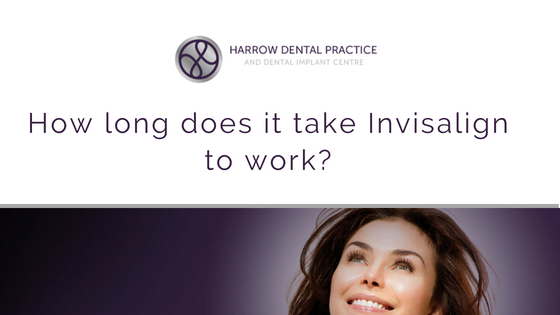Does Invisalign hurt?
In order to move your teeth then needs to be some pressure applied to them, in some cases people can describe this pressure as pain although this is rarely the case. Invisalign can sometimes be a little bit uncomfortable when you first begin a new aligner as this is when the pressure on the teeth will be greatest, however, this will subside after a couple of days.
Is Invisalign more painful than any other form of orthodontics?
Absolutely not. Invisalign is generally considered one of the most comfortable for the orthodontic treatment.
Conventional orthodontics using brackets bonded to your teeth and wires between the brackets can be considerably more uncomfortable than Invisalign. These brackets and wires have a tendency to scrape the inside of your cheeks and can cause ulcers, whilst wax is usually provided by your orthodontist to cover these wires wax can dislodge.
Invisalign utilises a completely different system from moving teeth and is constructed of a completely clear and smooth aligner. The aligner is fitted over your teeth so there is nothing sharp to catch the inside of your cheeks making Invisalign and extremely comfortable way to straighten your teeth.
Any pain from Invisalign is usually classified by patients as a dull ache, rather than actual pain.
How to make Invisalign more comfortable
- When you first begin wearing a new aligner (which will happen approximately every two weeks) start wearing the new aligner when you go to bed. This will give your teeth time to adjust whilst you are asleep and generally not putting any other pressure on your teeth.
- With each new aligner give your teeth time to settle in, approximately 3 days. This means avoid eating particularly crunchy or hard food which could put undue pressure on your teeth and make sensitivity worse.
- Be sure to wear a sports guard if you play any sports, this should be a custom-made guard made by your dentist to give you the maximum amount of protection and prevent your teeth being knocked and made more sensitive.
- Do what you can to reduce stress and be mindful of grinding or clenching your teeth, this grinding and clenching can put pressure on your teeth and exacerbate any mild sensitivity caused by the new aligner.


